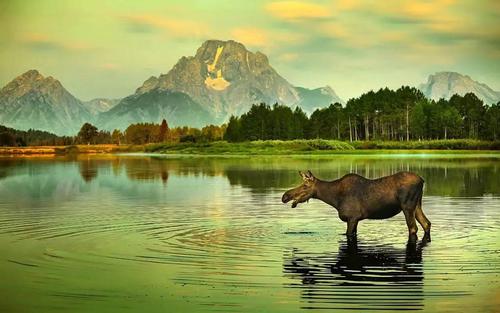Exploring the Fascinating Fiji Cultural Traditions: An Insight into the Island’s Diverse Cultural Practices
Fiji is known for its stunning beaches, crystal-clear waters, and lush landscapes. However, behind the mesmerizing scenery lies a vibrant and diverse culture that has been passed down through generations. The island nation is home to various ethnic groups, each with its unique traditions that contribute to the rich cultural tapestry of Fiji. In this article, we will dive into the fascinating Fiji cultural traditions and explore the island’s diverse cultural practices.
The Indigenous Fijian Culture
The Indigenous Fijian culture is the backbone of Fiji’s cultural heritage. The Fijian people have a deep connection to their land and their ancestors, which is reflected in their customs and beliefs. The yagona ceremony (kava) is a significant aspect of Fijian culture. This traditional ritual involves the preparation and drinking of yagona, a powdered root that is mixed with water to create a muddy drink with sedative properties. It is a symbol of friendship and respect, and it’s frequently shared among guests during ceremonial occasions.
Another prominent cultural tradition is meke, a Fijian dance that tells stories through song and dance. Meke is traditionally performed by men and women in a circle, led by a master of ceremonies. The dance movements are complex and vary based on the storyline and accompanying drum beats.
Indian Influence on Fiji’s Culture
The Indian community in Fiji has a rich history and a significant influence on the island’s culture. Sepoy soldiers were brought by the British from India to Fiji in 1879 to work on sugar plantations as indentured laborers. Since then, the Indian population has grown, with Indo-Fijians making up approximately 37% of Fiji’s population.
One of the most visible symbols of the Indian influence on Fiji’s culture is the food. Indian cuisine has become a staple in Fiji, with dishes like curry, rice, and roti being enjoyed by Fijians of all backgrounds. Additionally, Indian clothing such as the saree and salwar kameez is commonly worn by Fijian women during formal occasions.
Another influence is Indian music and dance. Bhangra and Bollywood dances have become a common feature at Fijian celebrations, including weddings and festivals.
Fijian Christianity and Other Religions
Christianity has a significant presence in Fiji, with Methodist and Catholic denominations being the largest. The arrival of Christian missionaries in the late 1800s played a crucial role in social and cultural change, including the adoption of the English language.
Other religions practiced in Fiji include Hinduism, Islam, and Sikhism. These religions have peaceful coexistence, and different communities actively participate and celebrate in each other’s religious ceremonies and rituals.
Conclusion
Fiji’s diverse cultural traditions are a testament to the island’s unique history and heritage. From the Fijian yagona ceremony to Indian-inspired cuisine and dance, the melting pot of cultures has created a beautiful tapestry of tradition and customs. Visitors to Fiji can immerse themselves in the island’s rich cultural heritage and gain a deeper understanding of this enchanting paradise. Understanding Fiji’s diverse cultural practices and traditions can not only help tourists appreciate their time there but most importantly ensure that their experience is respectful of the local culture and traditions.
(Note: Do you have knowledge or insights to share? Unlock new opportunities and expand your reach by joining our authors team. Click Registration to join us and share your expertise with our readers.)
